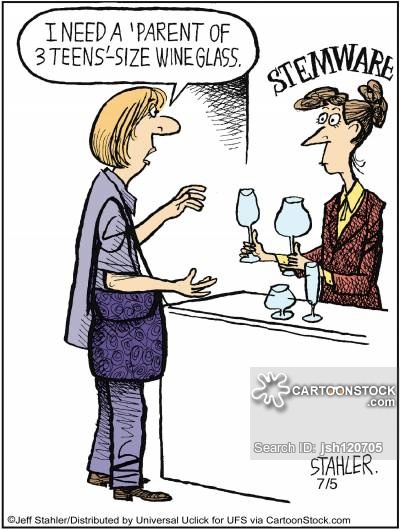Alcohol Dream Meaning

In real life alcohol serves as antidepressant or the means of relaxation and fun for some people; for others it becomes the source of non-stopping troubles.
In the dreambook of the 21st century it is said that to drink any alcoholic beverages in a dream means to experience a sharp but rather short-lived pleasure in reality. Before experiencing it, consider that the consequences will be sad and irreversible.
Drinking alcohol balsam in a dream is a bad sign predicting troubles. If there was brandy in your glass, this is a sign that you will manage to achieve high position in society. Just a dream of alcohol itself doesn’t guarantee success. You will have to work hard in order to raise your social status.
Culinary dreambook assumes that drinking booze in a dream is a symbol showing your wish to experience forbidden pleasures. There is high possibility that your life will change thanks to your decisive action.
Drinking moonshine from the bottle is a bad sign. The Wanderer’s dreambook warns that there is a person in your life who wishes you evil. You can protect yourself from the intrigues of an enemy src="https://checkmydream.com/img/origin/1555530996-718_alcohol1.jpg" />
To feel drunkenness in a dream means to be in a difficult situation that requires an important decision. Such a plot can be seen in a dream before a divorce, going to college, or applying for a new job. If you yourself can not figure out how to act correct, consult with a person more experienced>Why does a hangover get worse with age?
During your tempestuous youth, you could drink so much beer that you could make a small Irish village drunk, and somehow miraculously you recovered in time, so that you could repeat it the next night. Now, just a couple of beers or a glass of martini is enough, and in the morning you feel like a punching bag: with severe headache and tremors in your hands, which can last for several days. What on earth is going on?
A hangover is an insidious beast. Experts who study hangover syndrome still disagree on a lot of issues. Alcohol-induced dehydration, hormonal disruptions and inflammation can play a significant role in your morning nightmare.
However, it is still difficult to say what is the root cause. In addition to alcohol, other components of alcoholic beverages, such as fusel oils, tannins and sulfates, can also influence hangovers, but alcohol is undoubtedly the most responsible for morning hangovers.
While there isn't a lot of research into how hangovers are linked to aging, scientists suggest that the body breaks down alcohol less efficiently as we age. Specifically, the enzymes and antioxidants produced by the liver that help get rid of acetates may be produced in lower amounts as we age.
It is even worse that the aging body is slower to recover from alcohol-induced inflammation, and cells also take longer to regenerate. If you have children, you know that their scratched knee or a ripped elbow heal in a day or two, whereas your cut finger can hurt for a week or more. You may also remember how quickly you recovered from strenuous exercise as a teenager, but now heavy exertion can unsettle you for days.
This is due to the weakening of your immune system as you age. This does not mean that your body is not recovering, but in most cases it does not happen so quickly. Other factors can also contribute to worsening a hangover. Excess weight, hormonal changes, and heavy eating cause nausea and headaches the next day after a meal.





